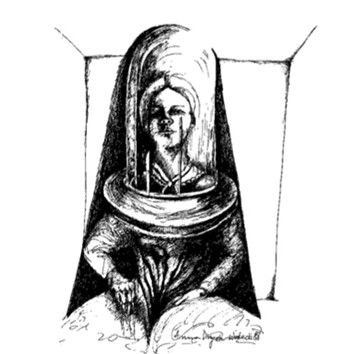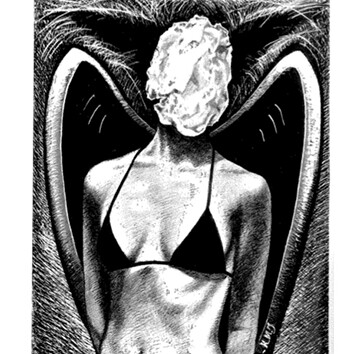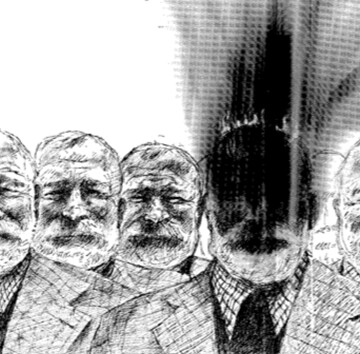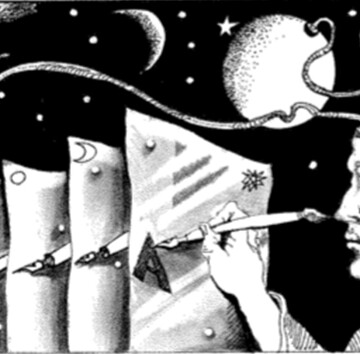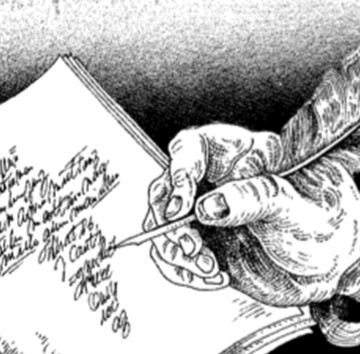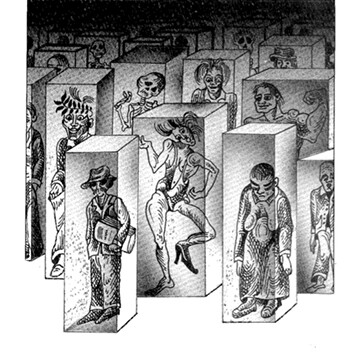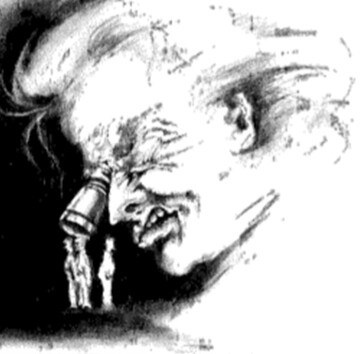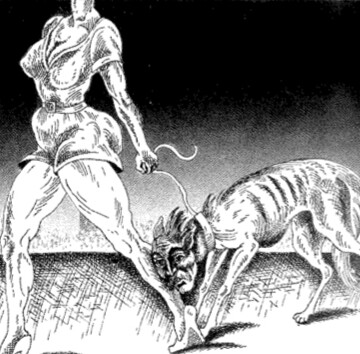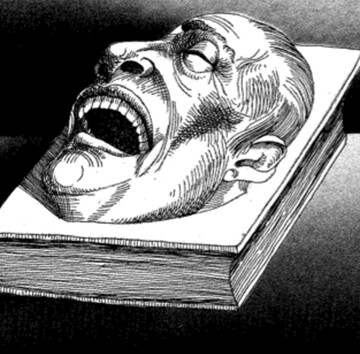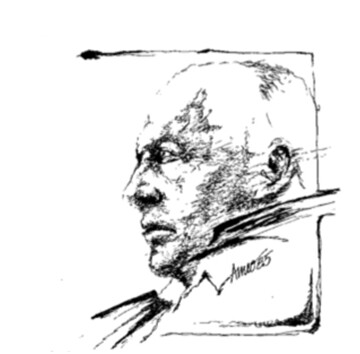Caveat lector—shortly after glancing through the early pages of James J. Thompson, Jr.’s accurately but flamboyantly titled Fleeing the Whore of Babylon, I wondered how in this vale of tears I could complete the job assigned to me by Chronicles. How dreadful to contemplate yet another conversion-to-the-One-True-Faith story, this conversion, moreover, from Seventh-Day Adventism. I...
Author: Thomas P. McDonnell (Thomas P. McDonnell)
Emily and The Feminists
The centennial marking the death of the poet Emily Dickinson, on May 15, 1886, slipped quietly by a couple of years ago without noticeable effect on the national consciousness. The media in general, from the Sunday supplements to the guardians of culture on PBS television, were not, on the whole, visibly impressed. It was an...
New York Writing
“To write simply is as difficult as to be good.” —Somerset Maugham It is just possible that Tom Wolfe’s first novel, The Bonfire of the Vanities, may be more important for extraliterary reasons than for purely literary ones. Of course, there are no purely literary reasons for anything, especially in the form of fiction, perhaps...
The Novel of Ideas
“Death must be distinguished from dying, with which it is often confused. “ —Rev. Sydney Smith The rarest entity in American writing is the novelist with ideas—that is to say, one who is capable of writing the ideological novel. Of course, the term is enough to put a chill on what is in fact the...
Hemingway and the Biographical Heresy
“Vilify! Vilify! Some of it will always stick.” —Beaumarchais When I learned some time ago that the critic Kenneth S. Lynn was bringing out a book on the late Ernest Hemingway, hard on the heels of the large biographical study by Jeffrey Myers, I anticipated a reasonably cogent analysis of the stories, the several novels,...
State of the Literary Essay
As a literary form, the essay was once thought to be doomed as the novel is said to be in its perennially announced demise. The familiar essay, in particular, brought to its classic perfection by Charles (“Elia”) Lamb in the early 19th century, still finds some continuity today in our many personalized newspaper columns and...
Still At the Still Point
Thirty-one years ago, when I had aspirations as an up-and-coming critic in the Catholic press, I wrote an essay on T.S. Eliot that was published in the Jesuit weekly, America. I thought it daring to suggest that the major poet of our time was something less than the robust Christian figure which an effective propagation...
Put Out No Flags
A former literary editor of The Spectator in London and currently touted as the new novelist of manners, A.N. Wilson was the author several seasons ago of a creditable biography of Hilaire Belloc. But the novels Wise Virgin (1983), Scandal (1984), and Gentlemen in England, just published in this country, remain chiefly responsible for his...
A Touch of Class
“The market may have its martyrdoms as well as the pulpit; and trade its heroisms, as well as war.” —John Ruskin We were two old parties, my visiting brother and I, sitting under the grape arbor at the end of a mild summer day. When I say “two old parties,” however, in the manner of...
David Jones: The Last Liturgical Poet
The Welsh poet David Jones (1895-1974) wrote two of this century’s outstanding literary works, and yet neither a single line of his writing nor any mention of his name is included in so recent a collection as The Harper Anthology of Poetry (1981), an otherwise excellent volume of English and American verse edited by the...
Out On a Limb
“Such was that happy garden-state, While man there walked without a mate. . . . “ —Andrew Marvell Kingsley Amis has been practicing the writer’s trade long enough to have produced a full shelf of books. Last year’s Stanley and the Women was not only his 17th novel but a signal that three decades have...
The Atonement of Poetry
“Aye, those fair living forms swam heavenly / To tunes forgotten. . . . “ —John Keats One of life’s great joys is to come across a new work of literature that is likely to last far beyond any early assessment of its value. In the case of poetry, which chiefly concerns us here, it...
Henry James at the Sacred Fount
It has long been self-evident that Henry James was thoroughly apolitical in any practical sense of the term. He did not involve himself in public affairs as such and hardly took more than passing notice of the Civil War, even though his two younger brothers, Wilkinson and Robertson James, served with distinguished records in the...
